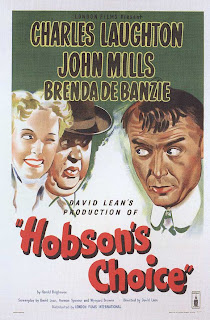There is a story that this expression comes from a Mr. Hobson who hired out horses and gave his customers no choice as to which horse they could take. This has all the credentials of a 'folk etymology' myth but, in this case, the derivation is correct.
A search of Google returns several thousand hits for 'Hobbesian choice'. The mistaken uses of that phrase, in place of the correct 'Hobson's choice', originate from a confusion between the celebrated philosopher Thomas Hobbes (who, incidentally, was the originator of another commonplace phrase - 'nasty, brutish and short') and the less well-known carrier Thomas Hobson, to whom the phrase refers.
Thomas Hobson (1545–1631) ran a thriving carrier and horse rental business in Cambridge, England, around the turn of the 17th century. Hobson rented out horses, mainly to Cambridge University students, but refused to hire them out other than in the order he chose. The choice his customers were given was 'this or none'; quite literally, not their choice but Hobson's choice. The phrase was already being described as proverbial less than thirty years after Hobson's death. The Quaker scholar Samuel Fisher referred to the phrase in his religious text, The Rustick's Alarm to the Rabbies, 1660:
"If in this Case there be no other (as the Proverb is) then Hobson's choice ... which is, chuse whether you will have this or none."
"He lived in Cambridge, and observing that the Scholars rid hard, his manner was to keep a large Stable of Horses, ... when a Man came for a Horse, he was led into the Stable, where there was great Choice, but he obliged him to take the Horse which stood next to the Stable-Door; so that every Customer was alike well served according."
The most celebrated application of Hobson's choice in the 20th century was Henry Ford's offer of the Model-T Ford in 'any colour you like, so long as it's black'.
From: http://www.phrases.org.uk/meanings/hobsons-choice.html



No hay comentarios:
Publicar un comentario